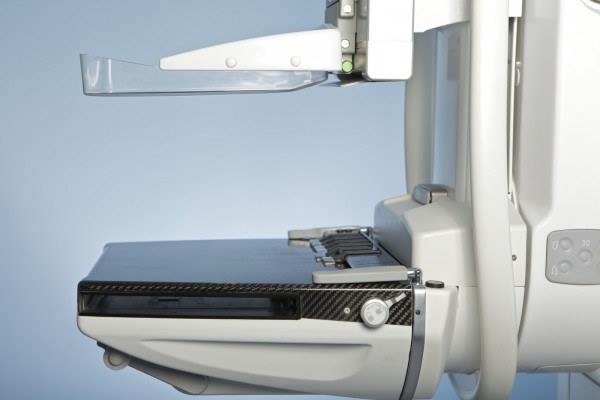The line of experts continues to grow wanting to speak their concerns about mammograms.
As you might remember, a couple months ago we shared a podcast we created about recent studies by the Swiss concerning the harm of mammograms. The research made some excellent points (Check out that post HERE), warning that less and less justification could be made regarding the high level use of this test given it’s inability to prolong women’s lives in the end.
Last week, Harvard University added to the chorus of voices speaking up in favor of limiting this particular test. The issue is not that the test in ineffective, it is the overuse of it. Researches found that the test did not lead to fewer breast cancer deaths. Although more women were screened and as a result treated, but the screening in the end did not lead to more lives being saved. It is not the first time they explored this subject, with articles published the last few years.
Over the last five decades mammogram frequency has increased, making it a yearly event for some women. However this test exposes a woman to an X-Ray, not to mention the procedure is uncomfortable and unpleasant. Interestingly the awareness of this overall outcome data is not limited to Harvard or the Swiss. Reports of a similar nature appeared two years ago in The New England Journal of Medicine. (Check out HERE).
The reports speculate as to all the reasons why physicians and the medical system at large seems slow to act on this data. With so much encouragement to reduce the amount of testing, why does it still happen at such a high rate? Some reports state that part of the reason may connect to the financial benefits to medical facilities that perform the tests. In the end it is hard to state the actual reasons. Perhaps with more and more groups speaking up about this, then some real change will occur.
We will continue to watch the developments regarding this issue. In the meantime, feel encouraged to ask your doctor how necessary this test is for you and if something can change. Explore the links in this article to better educate yourself. Let us know how that conversation goes.
Make sure to leave a comment and share your thoughts. To Your Health.

